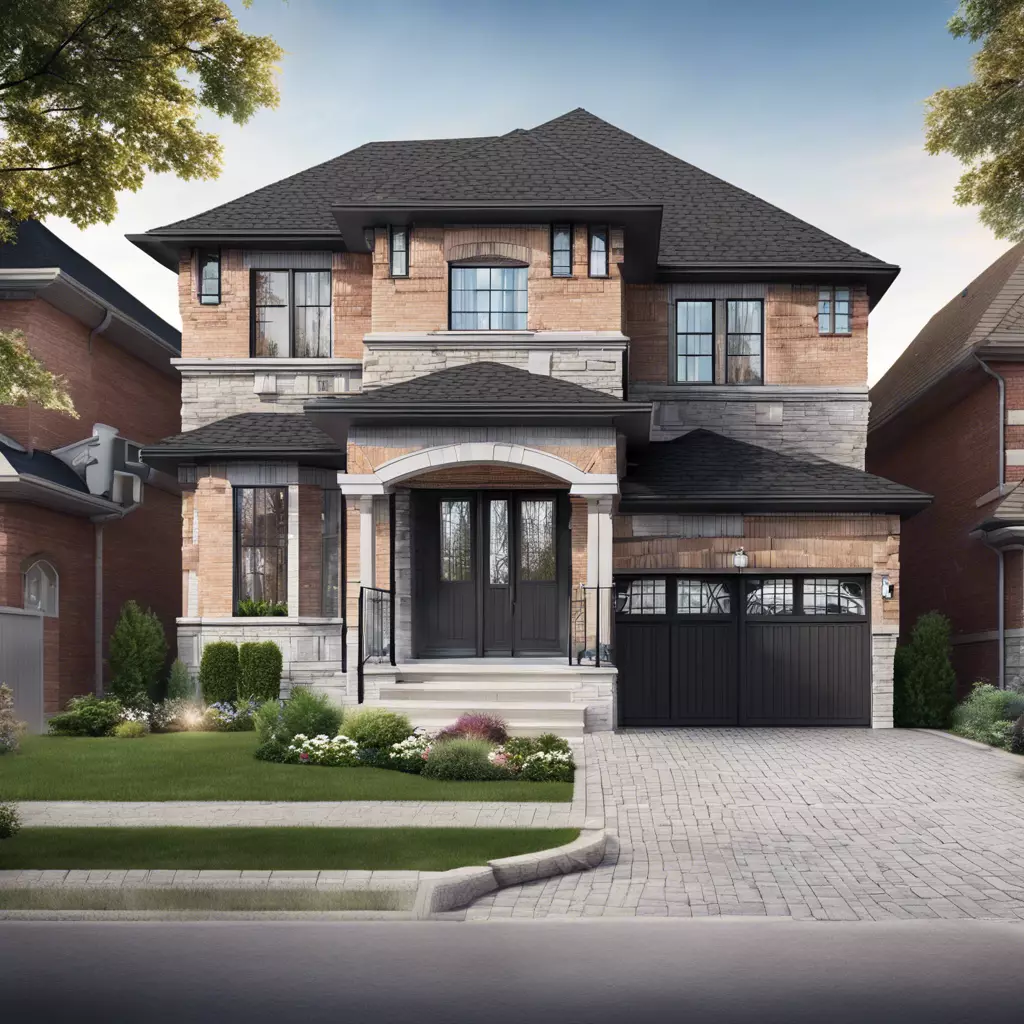What Is the Difference Between Mortgage Default Insurance and Life Insurance?

What Is the Difference Between Mortgage Default Insurance and Life Insurance?
Purchasing a home comes with plenty of ongoing financial commitments, from property taxes to seasonal upkeep. Home insurance is an expense most homeowners are familiar with – and when you’ve made the biggest financial investment of your lifetime, it’s vital to protect it, your belongings, and your liability. However, a cost often overlooked by buyers – and especially first-timers – is the need to insure your mortgage in addition to your physical real estate.
Mortgage insurance tends to be a confusing topic for Canadian home buyers as there are three main types they should be aware of: mortgage default insurance, mortgage life insurance, and traditional life insurance.
Here’s how these mortgage insurance types differ, and whether they may be the best fit for your home purchase.
Mortgage Default Insurance (a.k.a. CMHC Insurance)
Mortgage default insurance is mandatory coverage for buyers who pay less than 20% down on their home purchase. The beneficiary is your mortgage provider – should you become unable to cover your payments and default on your mortgage loan, the lender won’t be on the hook for the financial loss.
Why do I need mortgage default insurance?
If you’re paid less than 20% down on your home, you are classified as a higher-risk mortgage borrower (also referred to as a high-ratio or non-conventional borrower). Because you have less equity in your home, and are likely taking on a larger loan to afford your purchase, you pose a greater financial risk to your mortgage lender. As a result, the government requires you to take out this additional coverage and essentially pay for your own risk.
There are also limitations on what type of properties can be insured against mortgage default in Canada, meaning they cannot be purchased with less than a 20% down payment. They include:
- Homes priced over $1 million
- Rental properties
- Mortgages with an amortization over 25 years
Canadians may also have only one high-ratio mortgage at a time; if you currently have one, you cannot purchase a second property and pay less than 20% down.
Where do I get mortgage default insurance?
Mortgage default insurance will be applied for on your behalf by your lender from one of three providers. The most common is the Canada Mortgage and Housing Corporation (CMHC). This is a taxpayer-backed Crown Corporation that also acts as the national regulator for mortgage insurance and premium pricing. In fact, the CMHC is so synonymous with mortgage default coverage that it’s often unilaterally referred to as “CMHC insurance”.
However, the CMHC only covers roughly 50% of high-ratio mortgages in Canada – the other half are covered by two private insurers, Genworth Financial and Canada Guaranty. While these insurers operate autonomously, they almost always follow the same pricing and criteria set by the CMHC.
Related Read: CMHC Mortgage Insurance Hikes to Come
How much does mortgage default insurance cost?
The premiums for this coverage are calculated based on the size of your down payment, as per below:
| Loan-to-Value | Premium on Total Loan |
| Up to and including 65% | 0.60% |
| Up to and including 75% | 1.70% |
| Up to and including 80% | 2.40% |
| Up to and including 85% | 2.80% |
| Up to and including 90% | 3.10% |
| Up to and including 95% | 4.00% |
| 90.01% to 95% —
Non-Traditional Down Payment** |
4.50% |
Source: Canada Mortgage and Housing Corporation
For example, if you are making the minimum 5% down payment on a $500,000 home ($25,000), you will be charged 4% on the remaining mortgage balance of $475,000 in mortgage default premiums. That’s an extra $19,000 you’ll need to pay over the course of your mortgage.
However, this premium will be rolled automatically into your mortgage payments, and paid according to your selected payment schedule (whether monthly, bi-weekly, or accelerated). In the above example, your mortgage default coverage will cost $63.33 per month.
It’s important to factor this additional cost into your monthly affordability when determining how much of a mortgage you can carry. It will also be considered by your lender during the mortgage qualifying process, along with your income and other existing debt obligations.
Related Read: 5 Must-Know Tips to Pay Less On Your Mortgage
Mortgage Life Insurance
Unlike mortgage default insurance, mortgage life insurance is an optional product – though it’s highly likely your lender will urge you to consider it. This is coverage that will pay the remaining balance of your mortgage in the case of untimely death for your or your partner (critical illness and accident coverage can sometimes also be added to this coverage). It sounds like a great idea, but there are some key factors to be aware of.
- With mortgage life insurance, the benefactor is the bank. This means that the death benefit will only be used to cover the outstanding mortgage payments, and your loved ones won’t be entitled to receive any of it directly;
- The death benefit cannot be used to supplement your loved one’s incomes, or cover any of your end of life costs;
- The amount of coverage you’re entitled to will also decrease over time, as the amount left on your mortgage shrinks.
Traditional Life Insurance
Many homeowners instead opt for a traditional life insurance policy to cover their mortgage, as it offers greater financial flexibility. First, there are a number of life insurance products to choose from, based on your age, health and financial situation – for example, you could choose to take out a 25-year-term policy for the length of your mortgage, and opt to convert it to a permanent life policy with a cash value after.
With a traditional policy, the death benefit also goes directly to the beneficiary of your choice, meaning your loved ones can use it to pay off the mortgage, supplement their standard of living, and even save for retirement. It’s an option that offers greater control and peace of mind.

